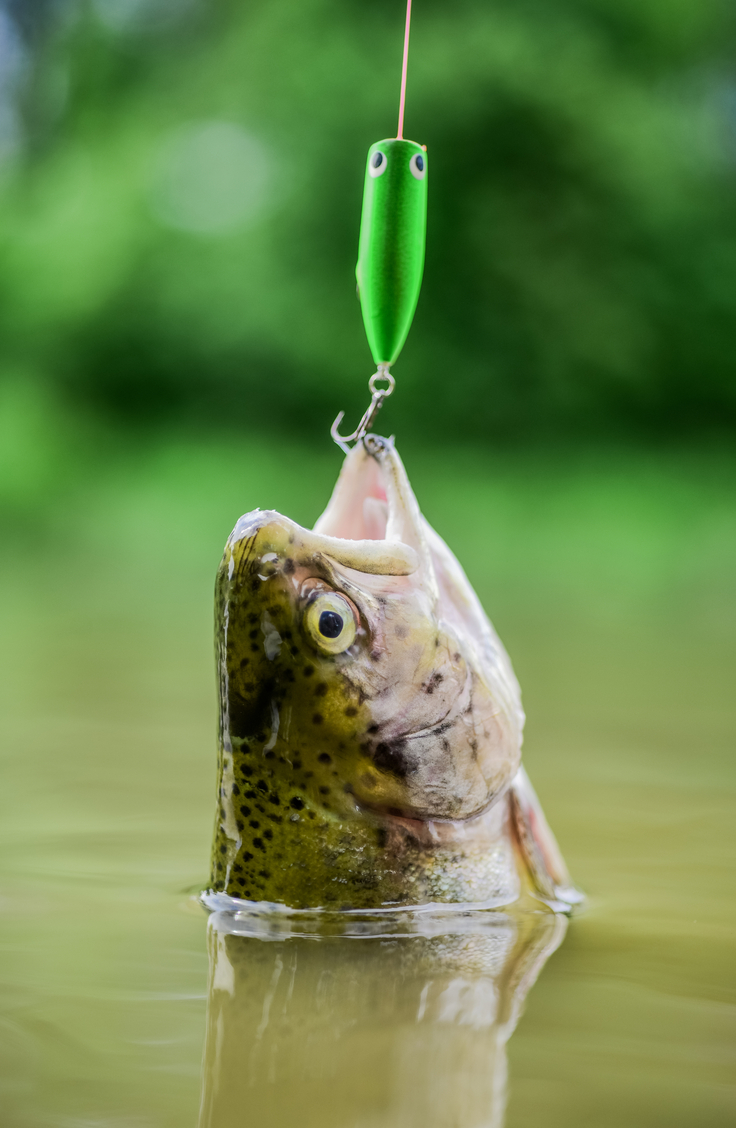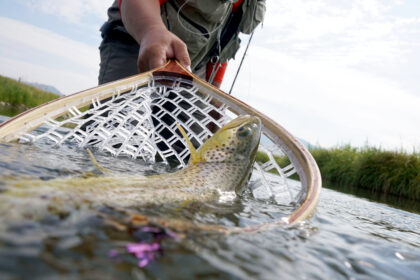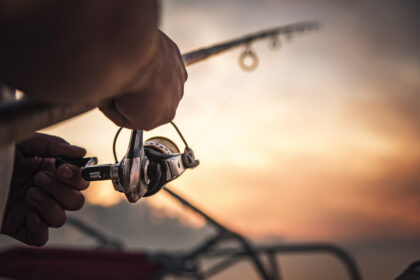2024 West Virginia Fishing License
To obtain a fishing license in West Virginia, you can visit the official website of the West Virginia Division of Natural Resources or visit a local licensing agent, such as a bait shop or sporting goods store. Depending on your age and residency status, there are different types of licenses available, such as resident, non-resident, senior, and disabled veteran licenses. A trout stamp is required if you want to fish for trout.
All residential anglers are required to purchase a Conservation stamp and all non-residential anglers are required to purchase a Conservation/Law Enforcement Stamp at the time of purchase of their license. It’s important to check the specific regulations and requirements for the type of fishing you plan to do to ensure you have the appropriate licenses and stamps. Be sure to check the 2024 West Virginia DNR Fishing Regulations Summary for the most up-to-date fishing regulations, size and creel limits.
|
2024 |
Annual* |
Conservation/Law Enforcement Stamp |
Trout Fishing Stamp |
|
Resident |
$19.00 |
$5.00 |
$10.00 |
|
Non-Resident |
$37.00 |
$13.00 |
$16.00 |
*Licenses must be purchased at the beginning of each year and are good for the calendar year.

West Virginia’s Fishing License: A Comprehensive Guide
As the seasons change and the allure of the great outdoors beckons, many outdoor enthusiasts in West Virginia eagerly prepare to cast their lines into the state’s pristine waters. Whether you’re a seasoned angler or a novice looking to experience the thrill of fishing, understanding the intricacies of West Virginia’s fishing license system is essential.
Annual Renewal and Identification:
In West Virginia, Fishing and Hunting Licenses operate on a calendar year basis. Therefore, it’s imperative to obtain new licenses at the start of each year to ensure compliance with state regulations. Additionally, all licensed anglers must carry a valid form of identification while fishing to verify their credentials.
Resident Licenses:
For residents, a variety of license options are available to suit different needs and preferences. These include Conservation Stamps, Hunting and Trapping licenses, Fishing licenses, and comprehensive Sportsman licenses that encompass hunting, fishing, and trapping privileges. Pricing varies depending on the type of license selected, with options ranging from single-year licenses to multi-year packages for added convenience.
Nonresident Licenses:
Nonresidents visiting West Virginia for fishing purposes can also obtain licenses, albeit at slightly higher rates compared to residents. Similar to resident licenses, nonresident licenses cover a range of options, including Conservation/Law Enforcement Stamps, Fishing licenses, and special permits for activities like trout fishing and national forest access.
Special Considerations and Exemptions:
West Virginia’s fishing license regulations include provisions for specific groups, such as individuals with life-threatening conditions, resident seniors, and full-time students of West Virginia colleges or universities. Special Lifetime licenses are available for residents, providing a convenient and cost-effective alternative to annual licenses. Moreover, exemptions exist for certain demographics, including residents who are totally blind, disabled veterans, and individuals under 15 years of age.
Trout Stamp Requirements:
For anglers interested in trout fishing, additional stamps may be required depending on age and license status. While lifetime license holders aged 65 or older may need to purchase a trout stamp, exemptions apply to various groups, such as residents who turned 65 before January 1, 2012, and resident and nonresident youth under 15 years of age.
Purchasing a License:
Obtaining a fishing license in West Virginia is a straightforward process. Licenses can be purchased from over 160 retail agent locations statewide, designated county clerks’ offices, or online through the official West Virginia Division of Natural Resources website. Phone transactions are also available for added convenience, ensuring accessibility for all interested individuals.
Conclusion:
As you prepare for your next fishing excursion in West Virginia, ensure compliance with state regulations by obtaining the appropriate fishing license. Whether you’re a resident, a nonresident visitor, or fall within a special exemption category, the state offers a range of options to accommodate your needs. By adhering to licensing requirements, you can enjoy a fulfilling and legally compliant fishing experience amidst the natural splendor of West Virginia’s waterways.




